We're sorry, but something went wrong
Please try reloading the page
We're sorry, but your browser is unable to play this video content.
If this continues please try upgrading your browser or contact us for assistance.
We're sorry, but this video is currently unavailable on mobile.
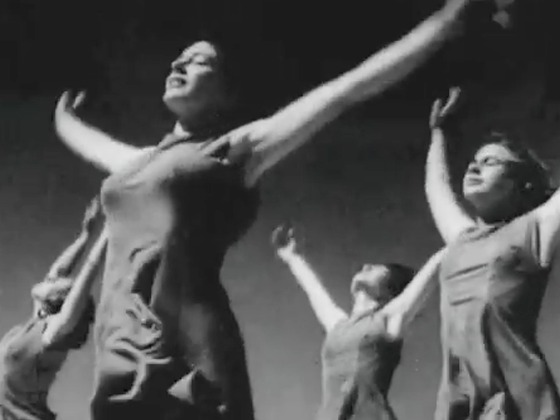
Weekly Review No. 346 - Rhythm and Movement
Short Film (Full Length) – 1948
If you liked this, you might also like...
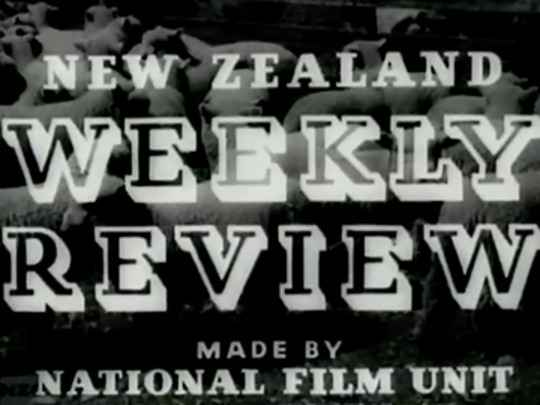
Weekly Review
The National Film Unit was set up in 1941 to publicise...
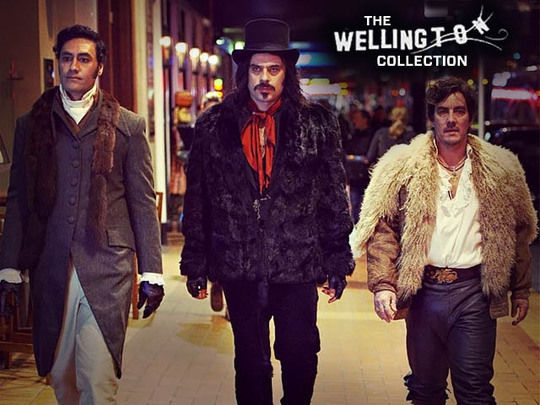
Wellington
Wellington has been New Zealand’s capital city since...

The Elysian Bus
A road safety film directed by Michael Forlong

Weekly Review No. 332 - Hokianga ... Backblock Medical Service
Another NFU film scored by Douglas Lilburn
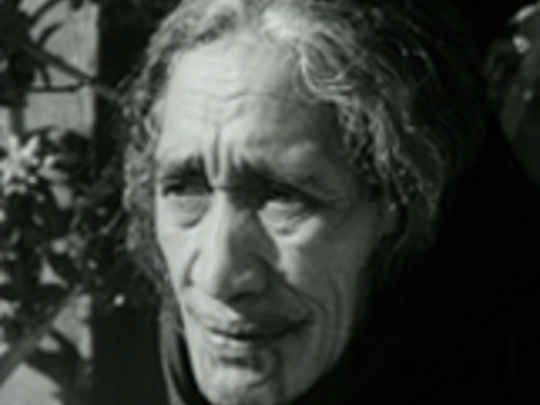
Meet New Zealand
Also directed by Michael Forlong
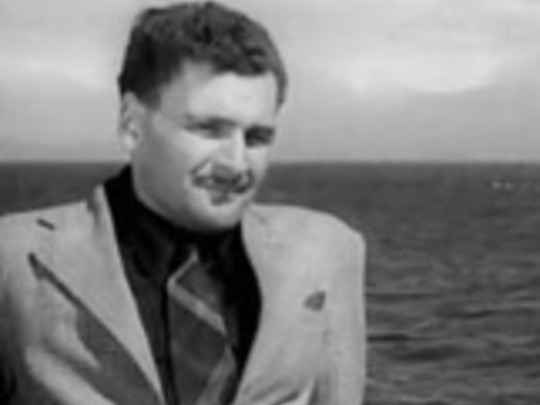
Journey for Three
Another NFU film scored by Douglas Lilburn

White for Safety
A PSA directed by Michael Forlong
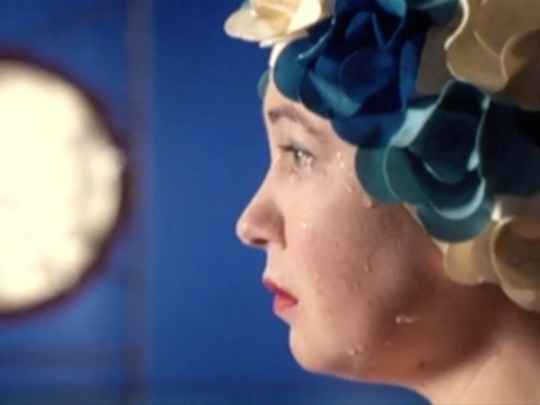
Stroke
A short film with aggressive aqua-gymnastics

Wildlife of the Mountains
Part of the Weekly Review series
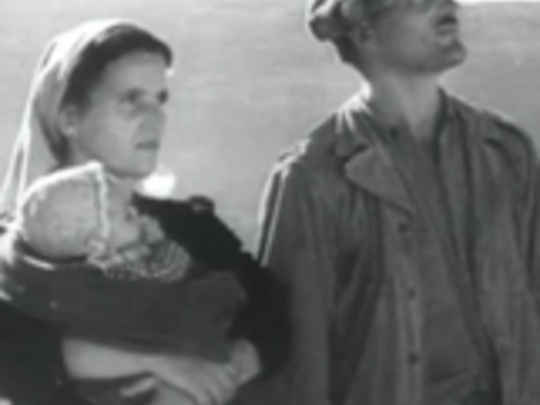
Weekly Review No. 347
Another Weekly Review from 1948
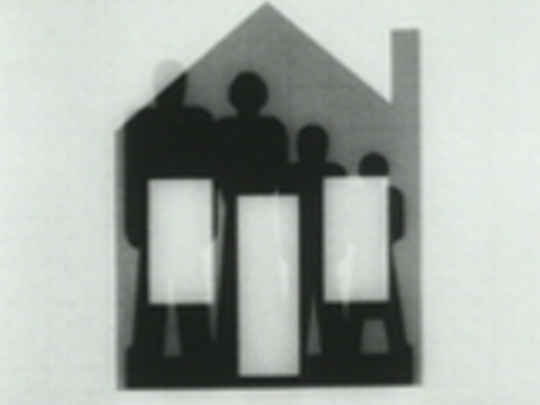
Housing in New Zealand
Also directed by Michael Forlong

Margan's Musical Move
More Douglas Lilburn compositions
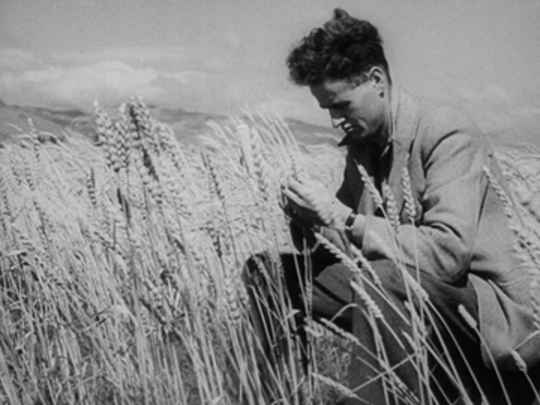
Weekly Review No. 337 - Wheat Problem 1948
A contemporary Weekly Review
Which size would you like?
Copy this code and paste it into your website.
<!-- Start NZ On Screen - Weekly Review No. 346 - Rhythm and Movement - Badge -->
<a href="https://www.nzonscreen.com/title/rhythm-and-movement-1948" > <img src="https://www.nzonscreen.com/content/badges/rhythm-and-movement-1948.horizontal-badge.jpg" width="330" height="90" alt="Weekly Review No. 346 - Rhythm and Movement" /></a>
Which clip would you like to embed?
Start clip at:
eg. 1m7s
Would you like the clip to be a fixed size or responsive?
Copy this code and paste it into your website.
<!-- Start NZ On Screen -
Weekly Review No. 346 - Rhythm and Movement
Size:
585
by
410
-->
<iframe width="585"
height="410"
style="width: 585px"
src="https://www.nzonscreen.com/embed/fbd36fa3dca16630" frameborder="0" allowfullscreen ></iframe>
<!-- End NZ On Screen -
Weekly Review No. 346 - Rhythm and Movement
-->
Somehow, though, reservations creep in. For instance, where are the chaps? Was it feared that similar shots of male youths might arouse the wrong sort of feelings? I’m also a touch uneasy at resemblances to the sort of low-angle ‘Strength through Joy’ viewpoint favoured by Nazi sympathizer Leni Riefenstahl in her celebration of Aryan athleticism in Olympia (1938) – especially as the girls’ gong-striking trainer, who ‘trained in Vienna’, has a pronounced German accent.
And speaking of accents, how come the male and female commentators speak in plummy BBC tones? After all, this is New Zealand, isn’t it? Was this intended to endow the film with a veneer of class? Or perhaps it reflected the fact that the 1948 Olympic Games – the first to be staged after the war – were hosted by England. At any rate, these mere 7 minutes of film are richly suggestive in more ways than one.
Neil Hornick (London)
February 2011